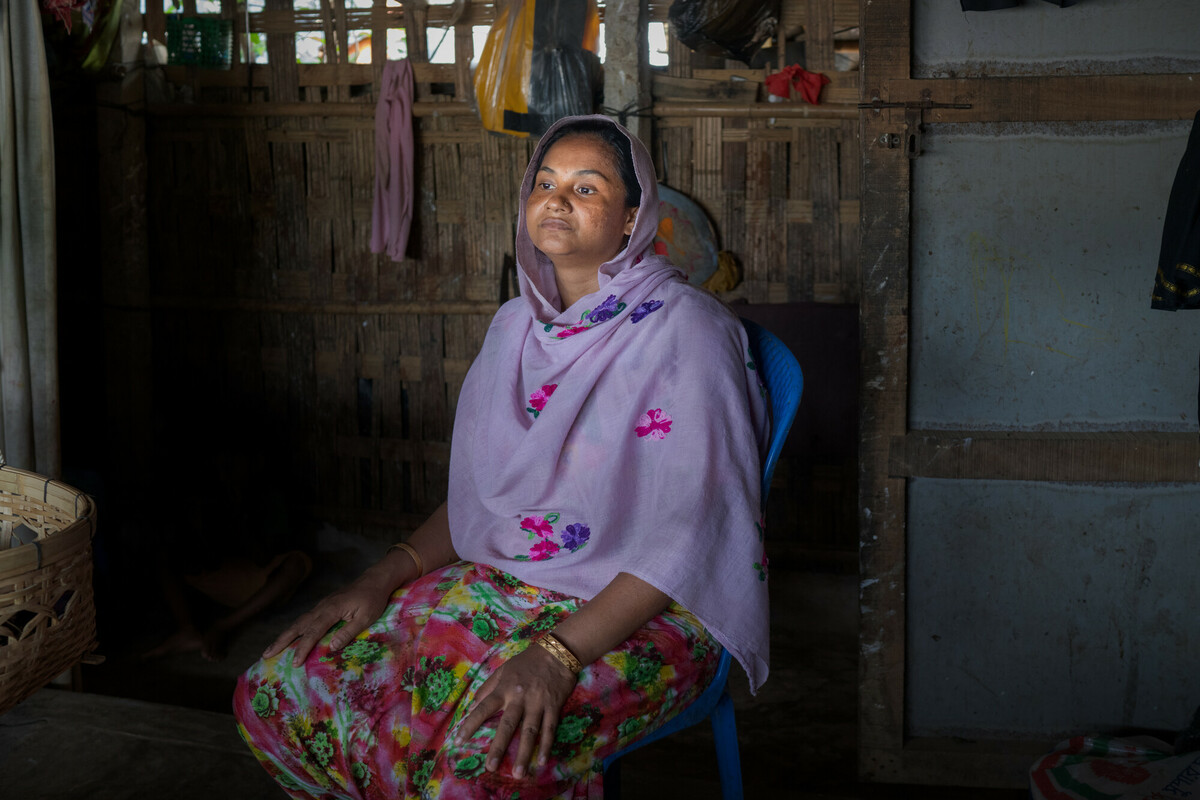By Chris O’Connell, Trócaire
Originally published by the ICTU
One year ago, on the 24th April 2024 – the 11th anniversary of the Rana Plaza Disaster in Bangladesh in which at least 1,138 workers needlessly lost their lives in pursuit of profits for multi-national corporations – the European Parliament took a small but significant step toward preventing such miscarriages of justice and providing redress to victims by passing the Corporate Sustainability Due Diligence Directive (CSDDD).
But as we mark the 12th anniversary of this landmark moment, the European Union is already acting to turn the clock back to 2013, rapidly undoing the measures taken over the past 12 years to give meaning to the call by the victims and their families: “Never again!”
CSDDD was not perfect. As a result of last-minute politicking by powerful member states, the text was watered down in a number of ways, including: the scope was limited to only the very largest companies (just 0.05% of those in the Single Market); services (including financial services) were largely excluded from the due diligence duty; and significant barriers to victims in third countries accessing meaningful justice remained.
Despite these shortcomings, CSDDD nonetheless represented a historic departure from the existing system of voluntary standards and limited or non-existent access to redress. As an example of the potential impact of CSDDD, the question we now ask is: “What would have happened at Rana Plaza if mandatory human rights due diligence had existed in 2013?”
While it cannot be said with certainty that the disaster would have been prevented, a number of provisions would have made the appalling loss of life and subsequent years of seeking some measure of justice far less likely. These include:
- a risk-based approach that would have placed an obligation on companies to ensure occupational safety and avoid basing production in such a structurally unsound building;
- meaningful stakeholder engagement during the due diligence process would have alerted the companies to the risks posed by the unsafe conditions;
- even if the companies involved had not taken appropriate measures, national supervisory authorities would have powers to launch an investigation based on substantiated concerns;
- protections for freedom of association that could have enabled the formation of a trade union to amplify the voices of workers;
- civil liability provisions that would have enabled victims and their families to seek justice from the companies involved where they are domiciled.
The European Commission’s ‘Omnibus Simplification Package’ (Omnibus) – published on 26 February 2025 – threatens to undo most, if not all, of these measures. In other words, under the current Omnibus proposal the CSDDD would offer few if any additional protections to those labouring today in similar conditions to the Rana Plaza workers, leaving them to face very similar risks to their lives, health and dignity.
In particular, Omnibus proposes to:
- remove CSDDD’s risk-based approach and limit the due diligence duty to direct business partners, effectively transferring the responsibilities of large corporations onto SMEs and failing to reach the parts of the value chain where the most egregious human rights abuses typically occur;
- rescind the harmonisation of civil liability for due diligence failure and leave its regulation to member states individually, also revoking third-party representation for victims and removing the overriding mandatory provision;
- limit both the obligation to conduct meaningful stakeholder engagement as well as the scope of consulted stakeholders to those directly affected by business activities, meaning that many workers and communities will have no voice;
- shift the burden of monitoring and reporting negative impacts from the actions of companies onto civil society (unions and NGOs);
- remove the duty of corporations to implement Climate Transition Plans;
- severely limit the scope for member states to introduce legislation that goes further than Omnibus proposal.
What is the stated justification for this substantial watering down of CSDDD – which the European Coalition for Corporate Justice has called a “full-scale deregulation”? It is a well-know one: to reduce costs and ‘red tape’ for some of the most profitable corporations on the planet.
This cannot be allowed. If the Omnibus proposal is accepted in its current form, it is clear that there is little to prevent another Rana Plaza Disaster. On this day of all days, we as members of the Irish Coalition for Business and Human Rights say #NoToOmnibus!
Chris O’Connell is Policy and Advocacy Advisor – Human Rights and Civil Society Space at Trócaire. His work centres on the promotion of binding legal rules to hold corporations accountable for human rights abuses and environmental damage. Chris holds a PhD. in Politics from Dublin City University.

